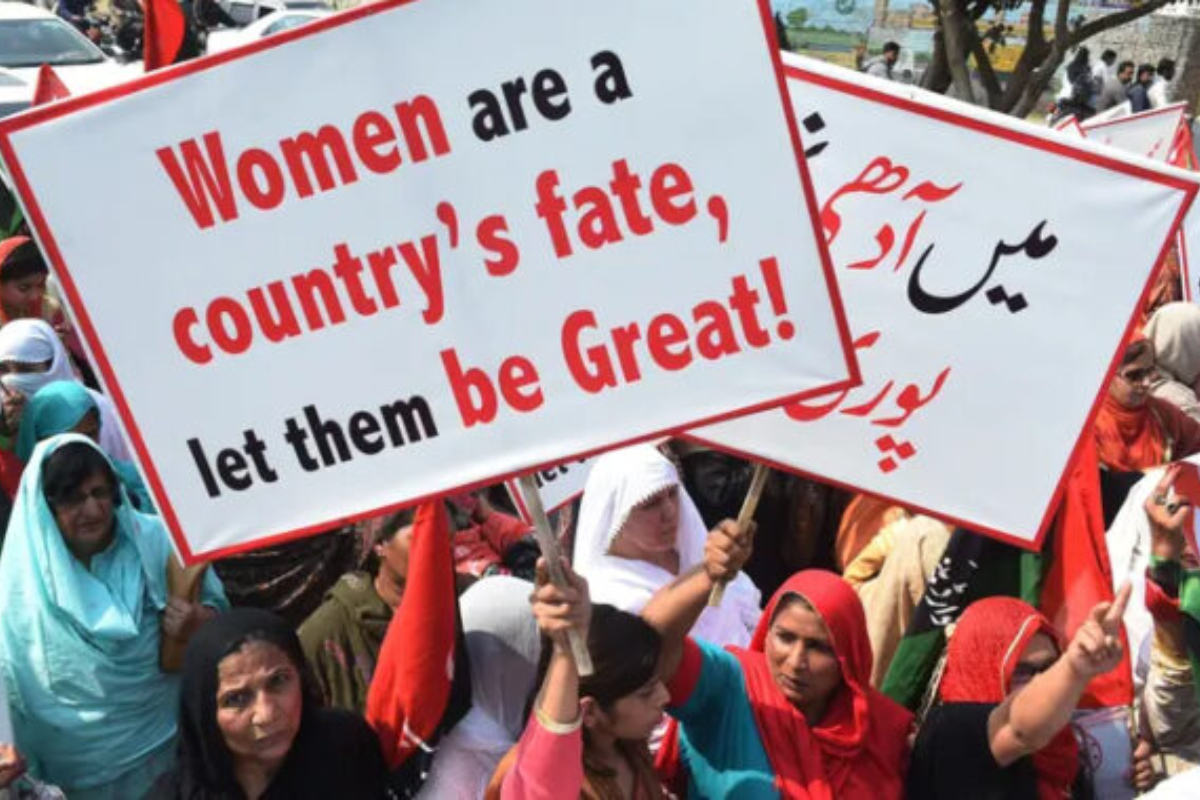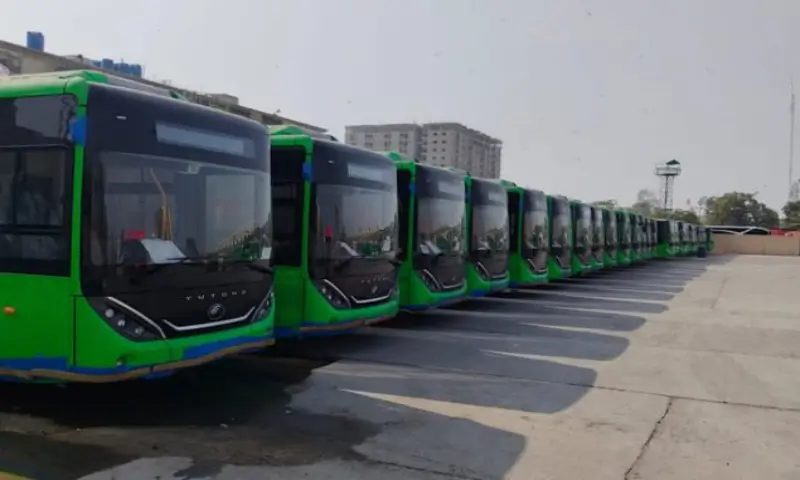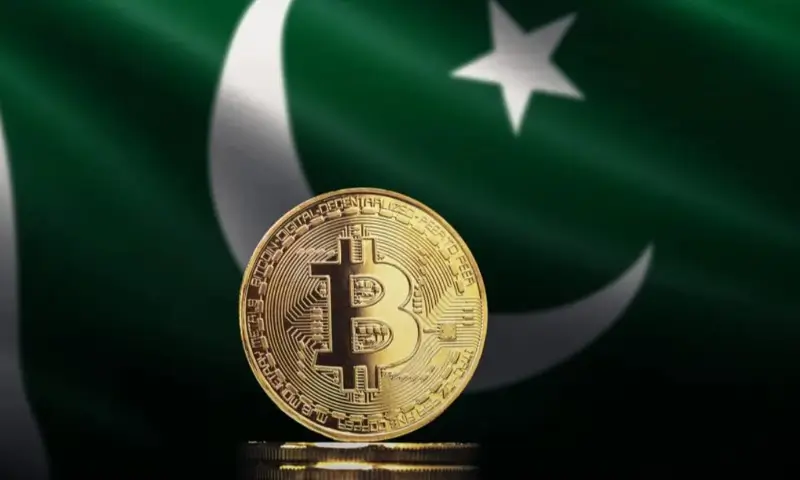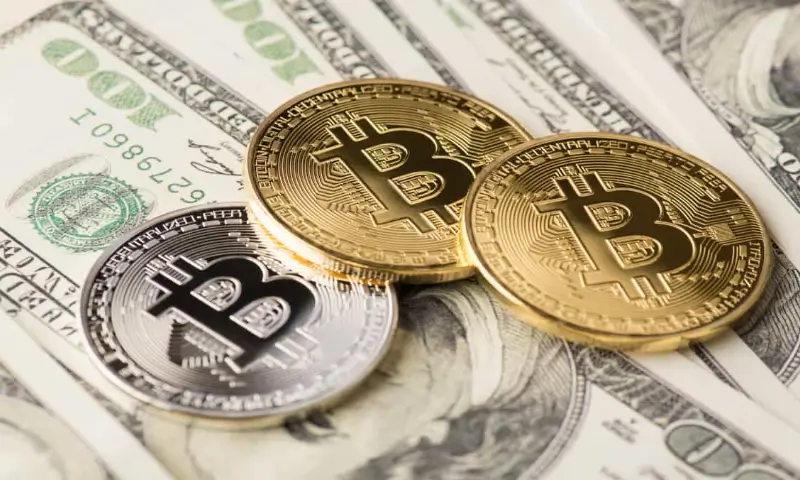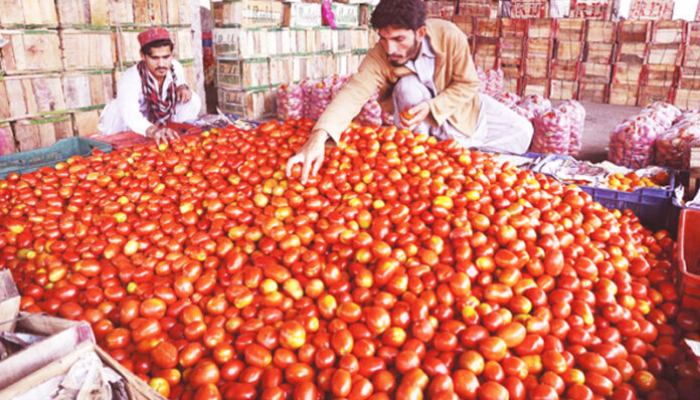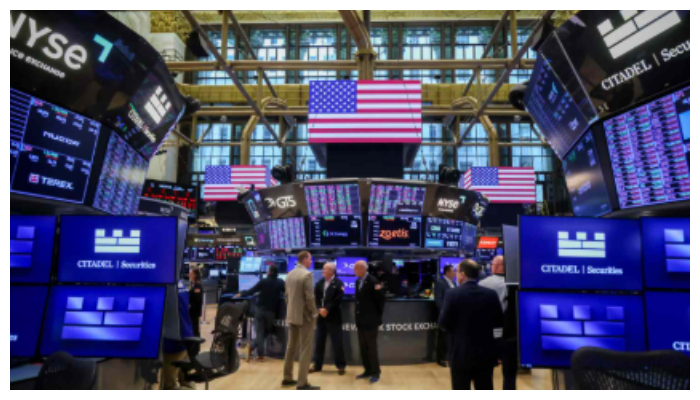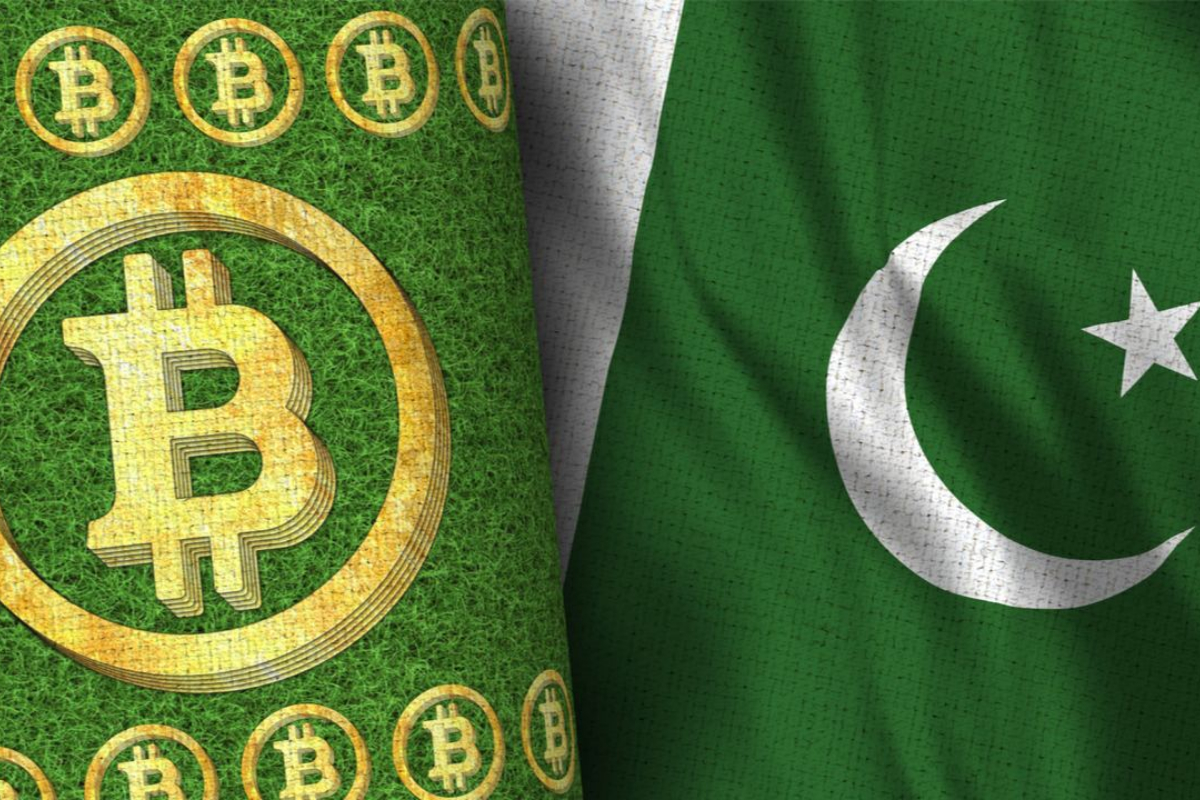LAHORE: The Burki Institute of Public Policy (BIPP) has launched its report “State of the Economy, Frontline Stakeholders, Reaping the Gender Dividend” at the Lahore Chamber of Commerce and Industry (LCCI), a statement said.
The speakers of the event highlighted the critical economic challenges that needed to be addressed to achieve the desired pace of economic growth.
The major thrust of the report was to suggest policies to reset the economy to its long-term potential growth path and inextricable nexus between all stakeholders of the economy, they added.
Chief Secretary Punjab Abdullah Khan Sumbal said that there is a lot of lip service in this particular area of women empowerment.
“We need to enhance women’ role particularly in economic governance. There are two areas where there is a need to work more practically. One is population planning and the second is gender parity,” he added.
The state has a very important role to play in the development, while the bureaucracy cannot go alone without the help of other stakeholders, he remarked.
BIPP Vice Chairman Dr Shahid Najam said that the situation needs collective resolve to continue to work for gender parity. It is unfortunate that Pakistan is only above Afghanistan in this regard, he added.
Dr Farrukh Iqbal said that this is the third time since 2008 that the country has foreign reserves as low as two months of imports.
“We are facing the same scenario again and again because of two factors. One is political and the second is economic,” he added.
LCCI President Kashif Anwar said that political stability plays a crucial role for bringing economic stability.
All the stakeholders are aware about the serious economic crisis that includes an unfavourable balance of payment due to a record current account deficit, trade deficit, high inflation, currency depreciation, soaring debts and high policy rate, he added.
The inflation rate has consistently remained above 20 per cent since June 2022, he said, adding that the major reasons for the increase in the inflation are rupee depreciation, over reliance on imported commodities, raw materials, machinery and oil and hiked electricity tariff.
“Since our industry relies on the imports of raw materials, components and machinery, this depreciation has resulted in an increase in the cost of production,” Anwar remarked.
For him, the policy rate of 16 per cent is considerably higher than other economies in the region. “The hiked policy rate is creating many hindrances in the process of industrialisation and private sector growth.”
Higher Education Commission (HEC) Chairman Professor Dr Shahid Muneer, BIPP Chairman Dr Shahid Javed Burki, Vice Chairman Dr Shahid Najam, Secretary Women Development Department Sumaira Samad, Syed Yawar Ali, Bunyad Foundation Chairperson Shahida Shaheen Ateequr Rehman, LCCI former vice president Zeeshan Khalil also spoke on the occasion.

